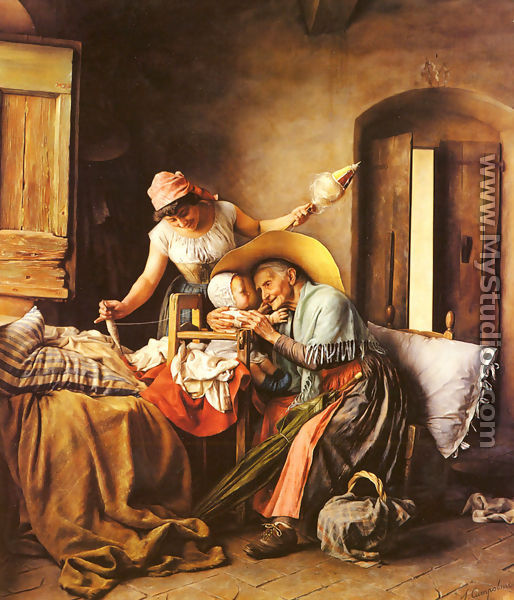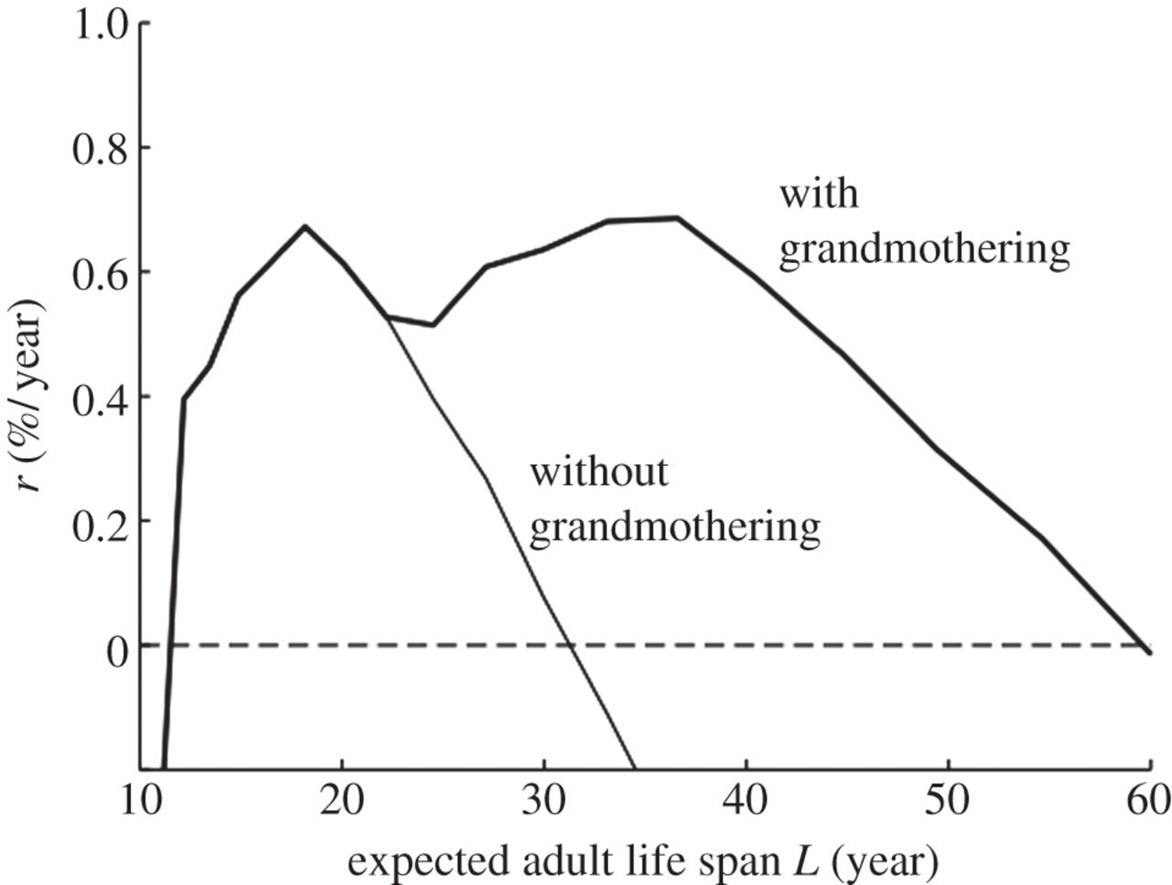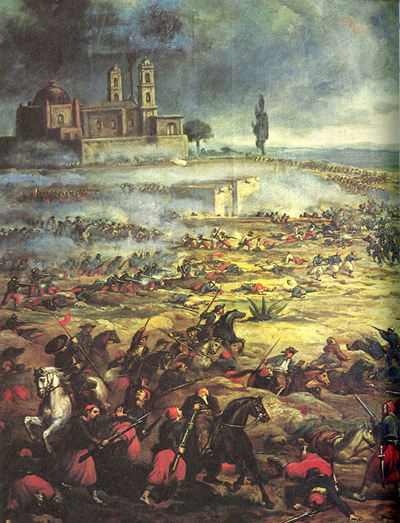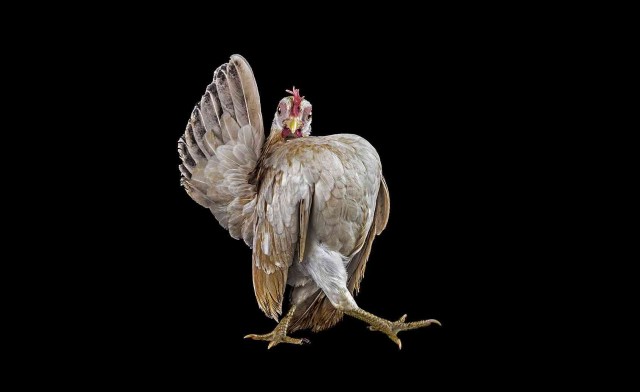I've seen things along these lines before; they always warm the cockles of my grandmotherly heart*. Aside from the (invaluable, really) babysitting services, and the love, there's all that wisdom.
Humans developed longer lifespans and bigger brains because grandmothers began looking after their grandchildren up to two million years ago, according to a new study.
 |
| Grandmother's Story by Hugues Merle |
Help with childcare from grandmothers at an early stage of human history could have resulted in an evolutionary change which caused women to live long past the menopause, researchers said.
Female chimpanzees rarely live beyond their 30s or early 40s, when their fertility typically ends, but a computer simulation showed that the influence of grandmothers could extend their lifespan to human levels within 24,000 to 60,000 years.
A popular theory known as the "Grandmother Hypothesis" (wiki) suggests that older women had an evolutionary benefit by caring for their grandchildren after their childbearing years were over.
The new study, published in the Proceedings of the Royal Society B journal, backs up the theory by demonstrating that grandmothers alone, and not other factors like the development of larger brains, could result in women having longer lifespans.
Researchers suggested grandmothers may even have been responsible for increasing humans' brain size by allowing mothers to have larger families, which increased the pressure of natural selection on their children.
Most primates and mammals collect their own food after they have been weaned, but when African forests began to be replaced by dry savannah two million years ago, children were no longer able to forage for themselves.
The Grandmother Theory suggests that older women began performing childcare tasks such as cracking hard nuts or digging up tubers from the dry ground, which allowed their daughters to keep producing and caring for new babies.
This meant long-lived and healthy grandmothers could pass on their genes to more descendants, increasing the number of women who would survive beyond childbearing age.
Mathematicians simulated the impact of childcare from grandmothers on a society of animals which only lived for 25 years after reaching adulthood, similar to chimpanzees in the wild.
They found that thanks to "grandmothering" female chimps would evolve to live for 49 years as adults – a level similar to human hunter-gatherers – within the space of 24,000 to 60,000 years.
Prof Kristen Hawkes of the University of Utah, senior author of the study, said: "Grandmothering was the initial step towards making us who we are."
It resulted in "a whole array of social capacities that are the foundation for the evolution of other distinctly human traits, including pair bonding, bigger brains, learning new skills and our tendency for co-operation," she said.
Related at Smithsonian: How Much Did Grandmothers Influence Human Evolution?




